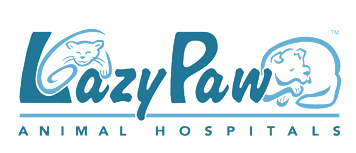Diarrhea is one of the most frequently seen digestive problems in dogs that results in a trip to the vet. This is actually a good thing since there are so many different diseases that have diarrhea as a symptom. Some are potentially life threatening like Parvo, distemper, digestive diseases, intestinal obstructions and poisoning and some are just upset stomach problems.
Typically diarrhea is dividing into three different categories. Acute diarrhea appears very quickly while chronic diarrhea may last for weeks or longer. Since diarrhea is typically linked to dehydration and possible nutritional issues it is important to have your dog checked if the symptoms persist for more than two days. For dogs that are ill or recovering from a sickness or surgery or for young puppies more immediate treatment is advised. Intermittent diarrhea will come and go and can indicate a variety of different health issues.
Diarrhea can be caused by simple changes in the dog’s food or environment. Dogs that are prone to getting into the garbage will also typically have several bouts with acute diarrhea depending on what they consume when they are raiding the trash. Securing your garbage is one way to prevent this issue. Changing your dog’s food type or brand slowly will also decrease the chances of digestive disturbances. Start by mixing ¾ of a ration of your current food with ¼ of the ration of the new food. Feed this for one week then go to 50/50 for the next week. The third week should be ¼ old food to ¾ new food. The following week the full ration of new food can be served.
Routine deworming and parasite control can help to reduce the chance of diarrhea associated with hook, round and whip worm infestations. Other culprits include Giardia and Coccidia which can cause very severe health issues particularly in younger puppies or dogs that are already ill.
Any signs of blood in the fecal material, which can be black and tarry looking or bright red is a significant issue. If you notice this immediately get your dog to the vet as it can indicate a serious blockage or injury to the small or large intestine.
